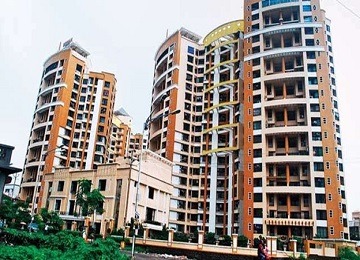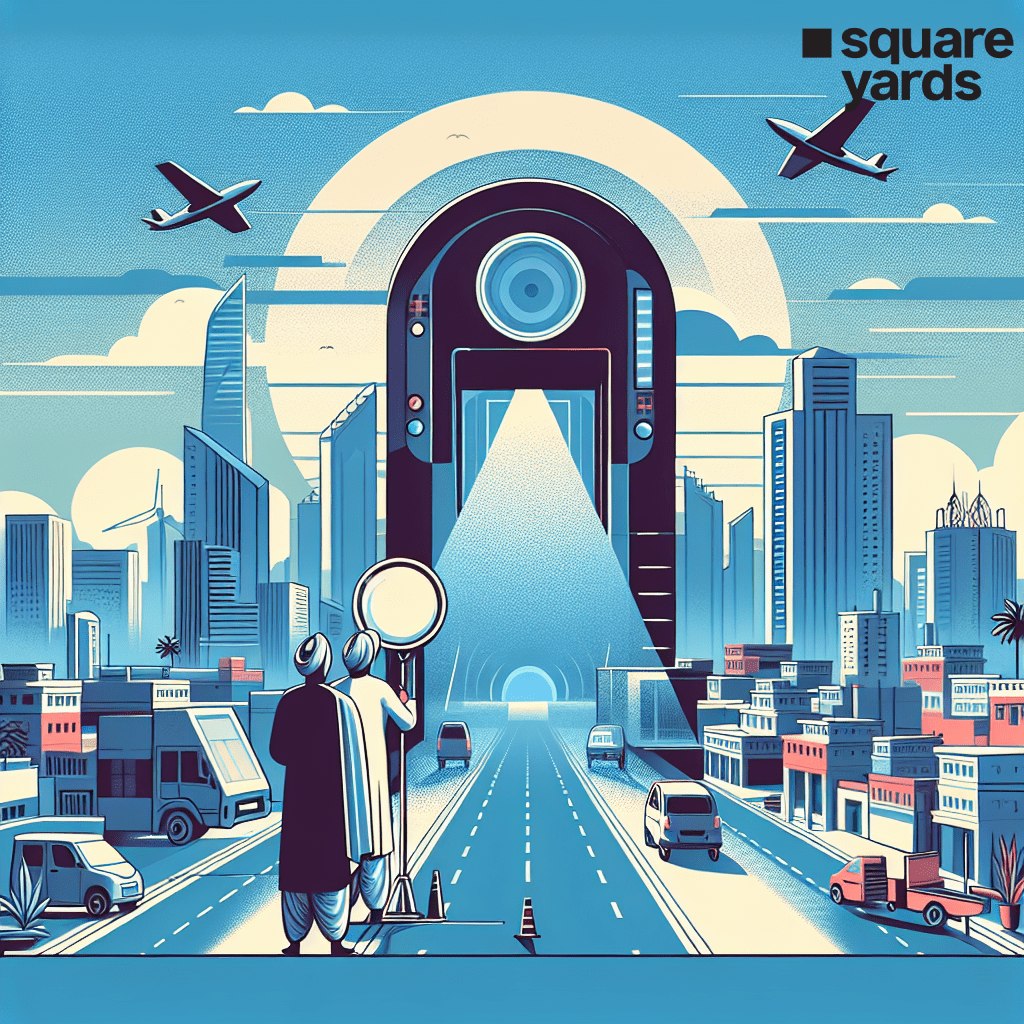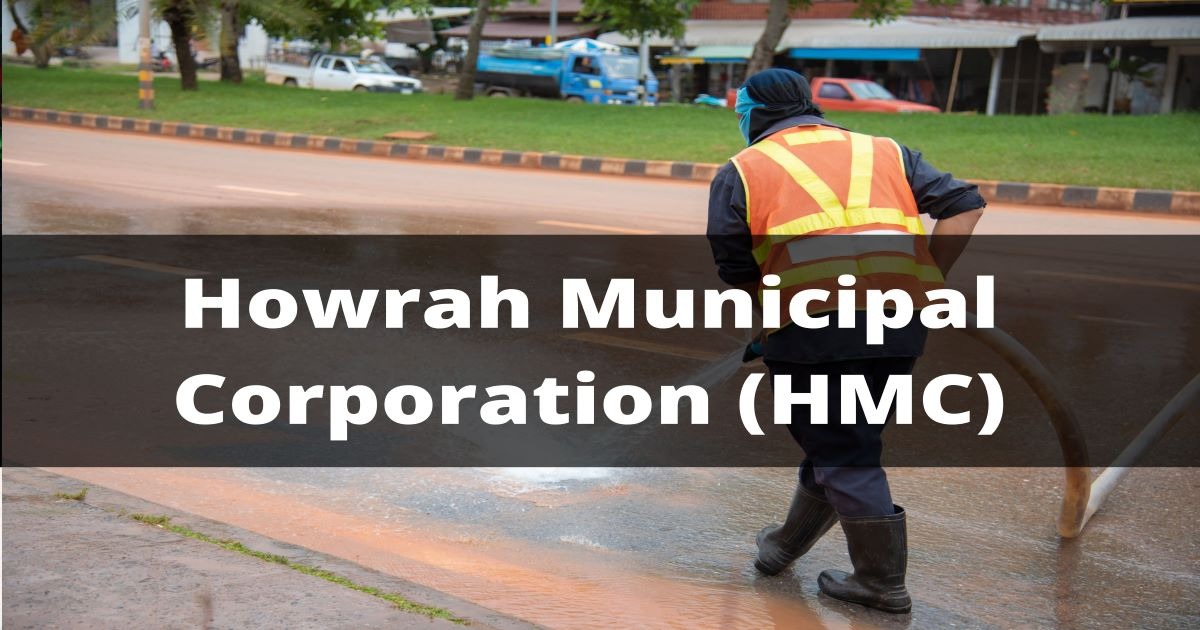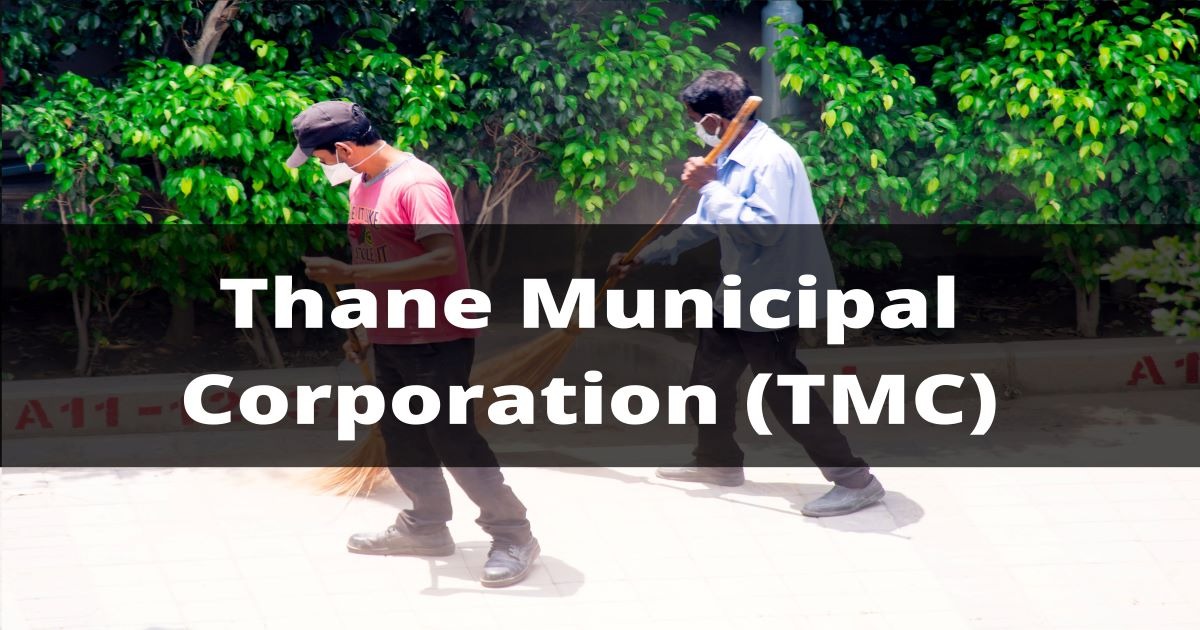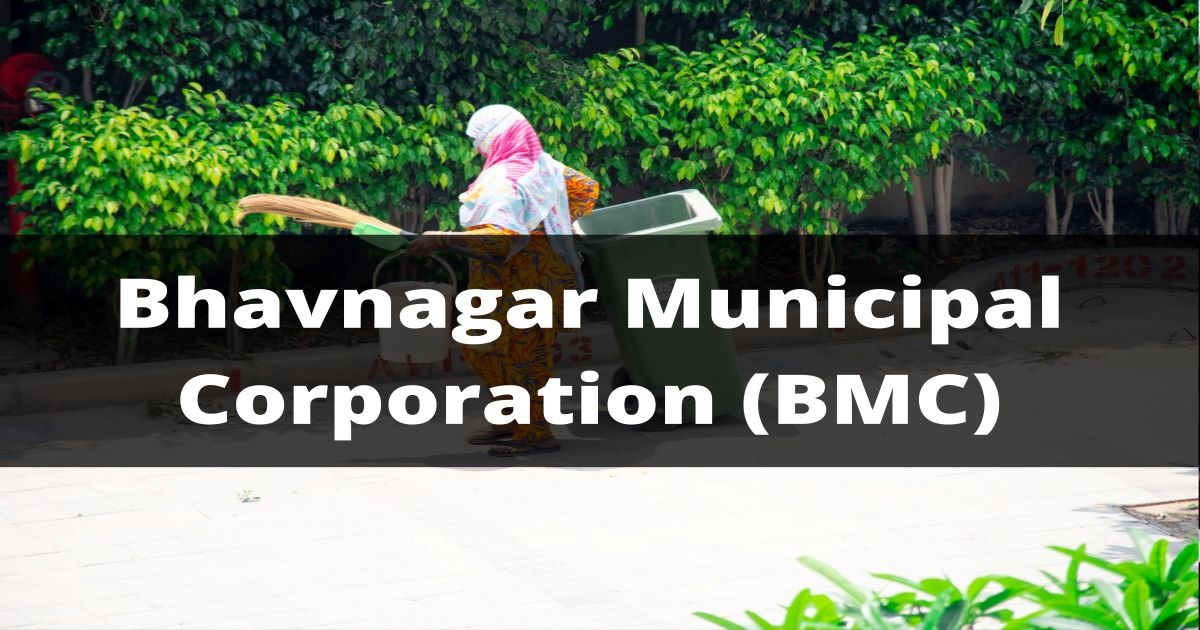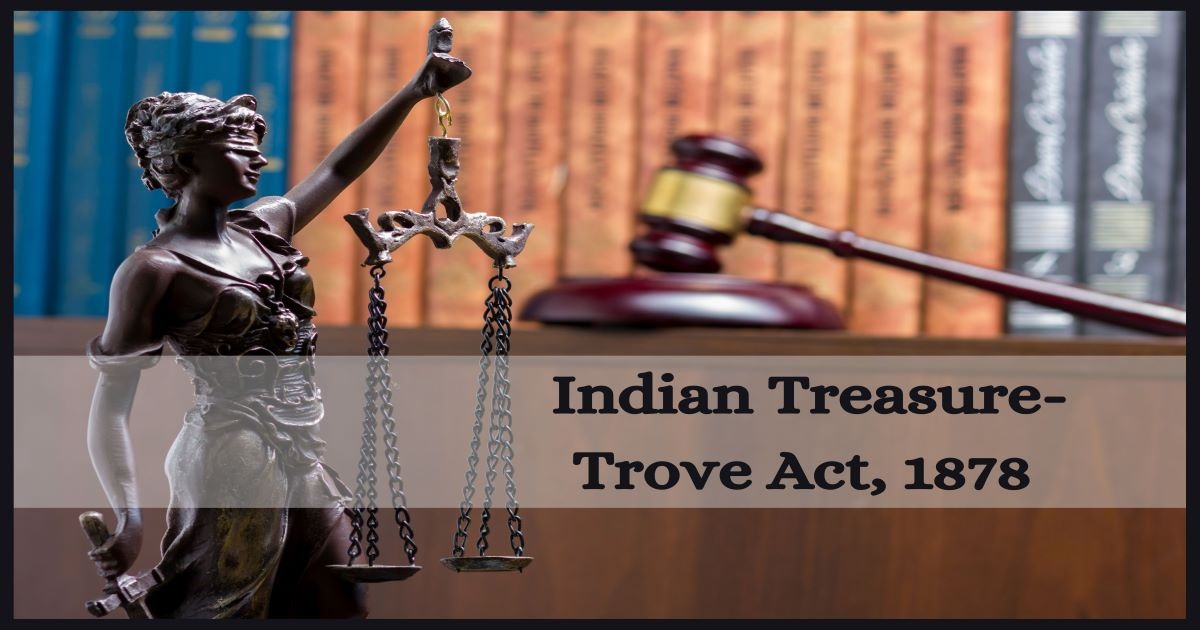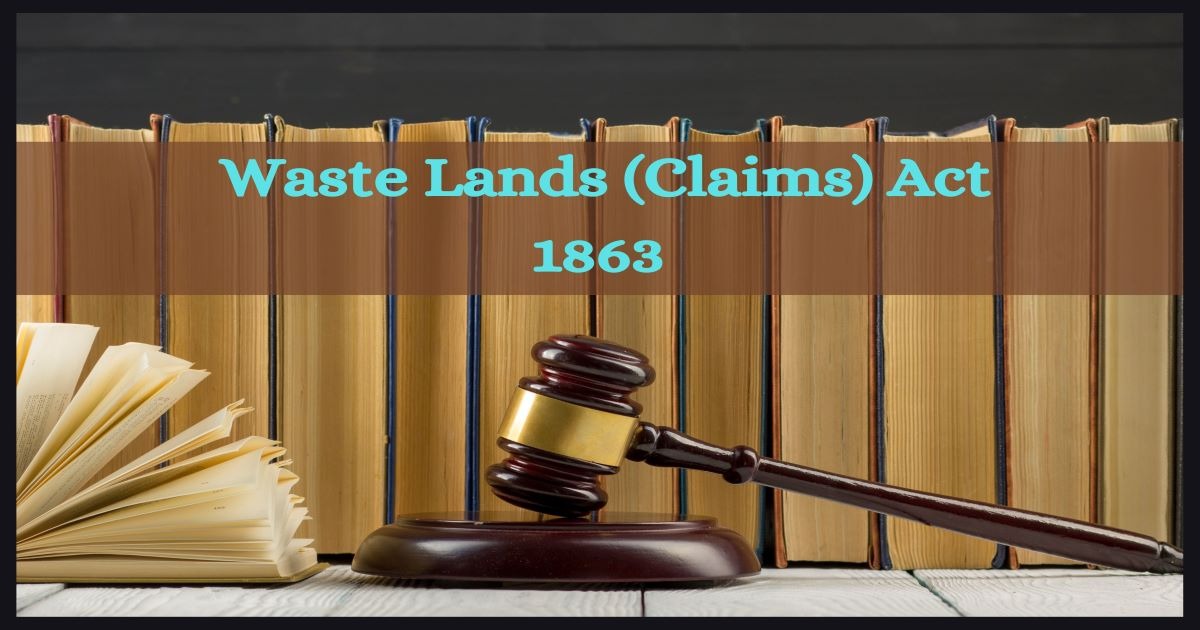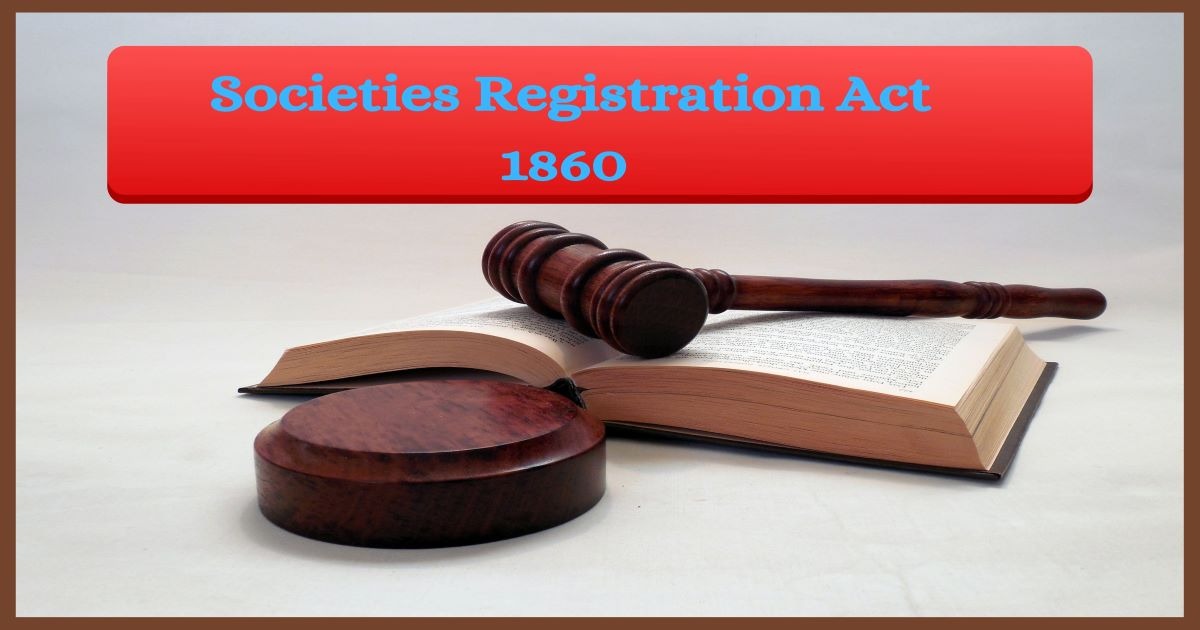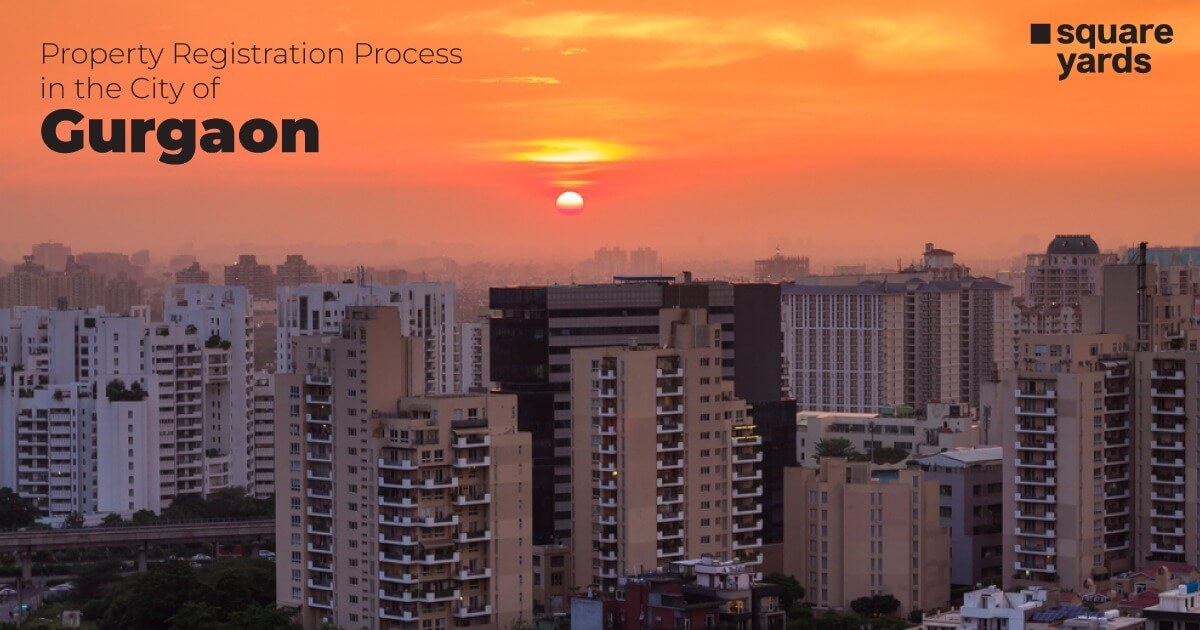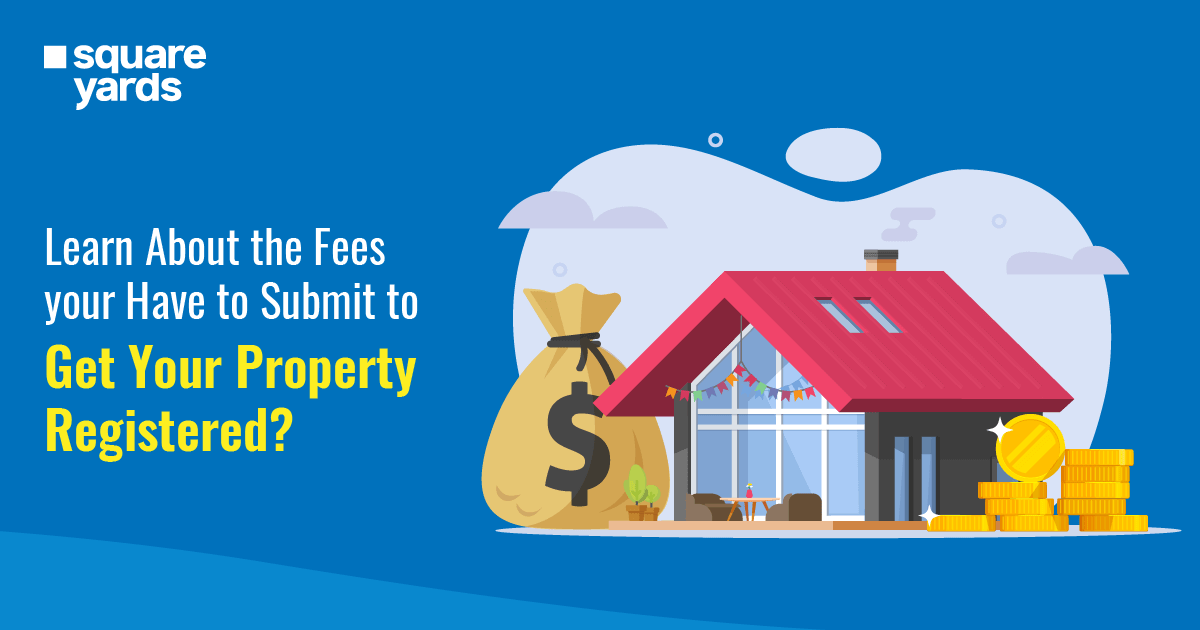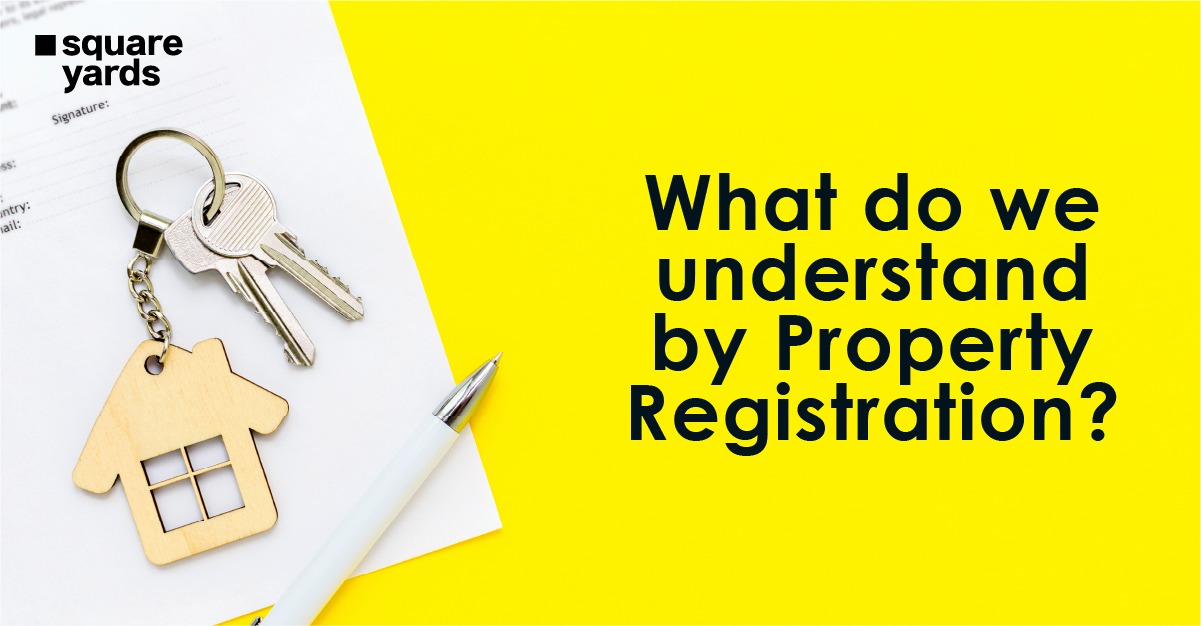IFMS charges and IDC costs should always be kept in mind whenever you are venturing to purchase real estate. Knowledge of these aspects should be clearly delineated to all buyers.
Wondering about IFMS charges? There has been a lot of confusion pertaining to the query what is IFMS charges in real estate? During the time of possession of residential or commercial property, home buyers usually have to fork out some extra charges which are also called additional charges. One of these charges is the IFMS or the Interest Free Maintenance Security charge. It is a collective amount which is levied from investors or buyers in a particular commercial or residential project by the developer, under a totally separate account. The developer will be keeping this money in his possession until the establishment of the RWA (Residential Welfare Association) within the residential project, post which the amount will be transferred to this association by the developer. However, keep in mind that interest for this amount will not be passed onto the association and will be in the buyers’ favor. Majorly, the resident welfare associations (RWAs) will be established at least one year post the delivery of the project.
IFMS is compulsory whenever you purchase your home and is collected for the residents’ benefit itself. The amount will be reserved for any planned or unprecedented maintenance which may be incurred in the future for the project in question. These are also part of the RERA rules for maintenance charges. Such sudden maintenance needs may include failure of the elevator, development of parks, enhancement of security or any other maintenance work for the building. IFMS may also be charged for nipping any disputes in the bud between owners of flats in the residential society in question.
Some other vital aspects that you should keep in mind
IFMS charges in Gurgaon, Noida, Delhi are basically similar. It is higher for commercial ventures and comparatively lower in case of residential units. In most cases, Rs. 25-50 per sq. ft. will be chargeable in case of IFMS for residential projects while Rs. 50-60 per sq. ft. will be chargeable for commercial projects being developed in Delhi-NCR.
The commercial projects will be under the developer’s maintenance or under the maintenance of any authorized authority that has been appointed by the developer as well. As a result, if you were wondering is IFMS refundable, it will be transferred to the association’s account by the developer without the interest. So, if you were wondering are IFMS charges refundable, you now have the answer to this question.
Learning more about the maintenance aspect of any project
Maintenance in any building society will include select amenities offered to residents. The RWA (Residents’ Welfare Association) or developer will charge a nominal amount for regular maintenance of all basic facilities and infrastructure including elevators, parks, parking facilities, fire safety provisions, water and electricity supply, common areas and more. Developers usually charge maintenance fees in advance for the very first year post delivery of the project while taking care of society linked functions. Post formation of the residents’ welfare association or RWA, the developer will hand over all operations to this body and it will be collecting all maintenance charges thereafter while conducting all procedures linked to maintenance.
With implementation of RERA in the real estate industry, developers have been directed to clearly include all maintenance charges and other costs in the agreements that they make with home buyers along with covering the payment schedule and breakdown of this for avoiding future disputes. RERA has also made developers hold responsibility for structural defects in construction quality within a period of the first 5 years of project delivery while offering them to provide free of cost fixes in these scenarios. In usual cases, charges for maintenance are imposed on a per sq. ft. basis for every flat or unit. The charges for services like equipment use, waste collection, cleaning, upkeep and repair of common amenities like elevators and other costs are divided amongst occupants of all residential units. Utility bills like electricity and water bills are charged on the basis of individual consumption.
IFMS will be the lump sum amount for maintenance of the society until the formation of the RWA. The amount is remaining at the time of establishment of the association, will be transferred likewise for undertaking maintenance. IFMS helps developers take care of initial teething hassles post project delivery or adding infrastructure including extension of parks and green areas or including additional security facilities among other purposes. Alongside, developers usually collect a particular sinking fund in most premier societies for tackling sudden expenses and emergencies which is different from IFMS.
Can builder take GST on maintenance?
You must be wondering whether there is any applicable GST on IFMS charges or maintenance costs. In the earlier regime, 15% of service tax and non-agricultural tax of 0.5% was imposed on maintenance charges in addition to 0.5% of Swachh Bharat Cess. In the present GST regime, residential societies which collect an aggregate amount exceeding Rs. 20 lakh as maintenance charges, will be liable for imposing 18% GST on home owners paying these charges. At the same time, monthly charges of maintenance which are lower than Rs. 7,500, will hold GST exemption as well.
Maintenance charges come under the GST slab of 18% in residential societies although residents of the same State as that, in which the project is located, are levied 9% I-GST. Suppose you are a resident of the State of Haryana and purchase a flat in Gurgaon, then you will have to pay 9% on your maintenance charges. However, if you are a Delhi native resident and buy property in Gurgaon, you will have to pay 18%.
What is IDC in real estate?
IDC basically stands for interest during construction. Whenever you plan for any project which will take some years to be fully completed, then you should take into account the interest during the construction period, in order to suitably plan out your cash outflows and inflows alike. If you did not obtain any moratorium on your interest and principal repayments in the construction period, then you should carefully note the interest component. At the same time, IDC also stands for internal development charges.
These are fees which are collected by the Government in order to execute the development of the area where the township has been proposed and its surrounding localities. IDC charges basically go parallel to EDC charges and these are also charged by the Government. This fund is tapped by the Government for development of infrastructural facilities and socio-civic-economic infrastructure and sectors of the State inclusive of transportation networks, water and electric supply lines, highways and more.
Also read : RERA Act: How RERA Benefits the Home Buyers
Buyers and builders to pay the same penalty in case of project delays


